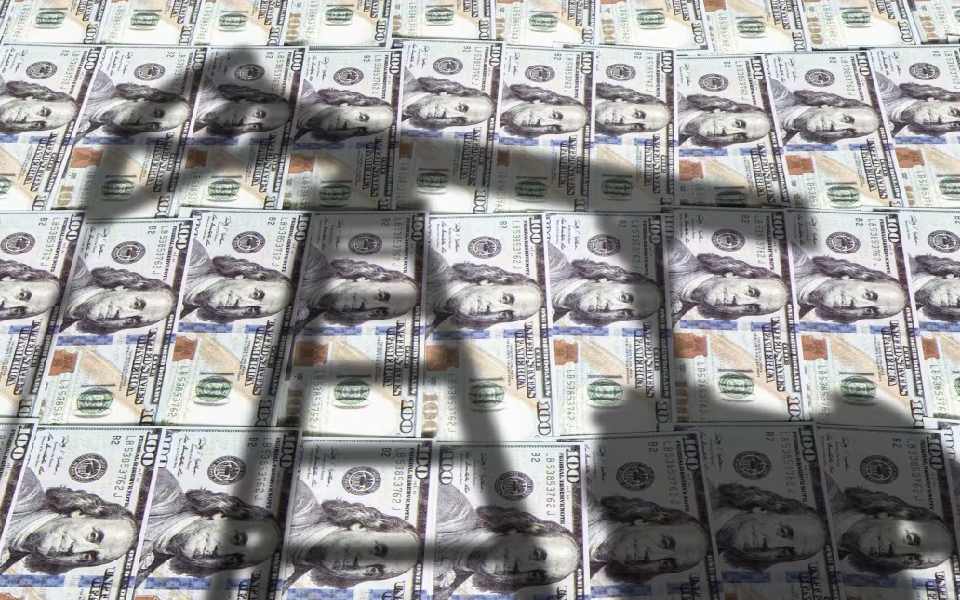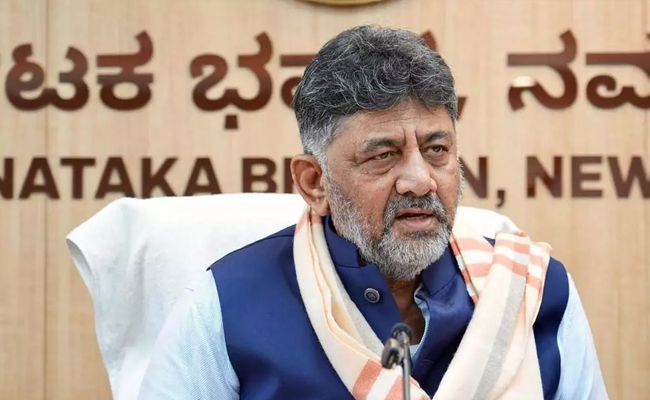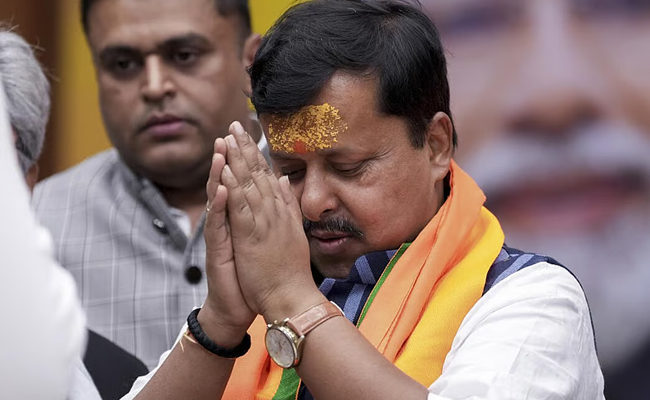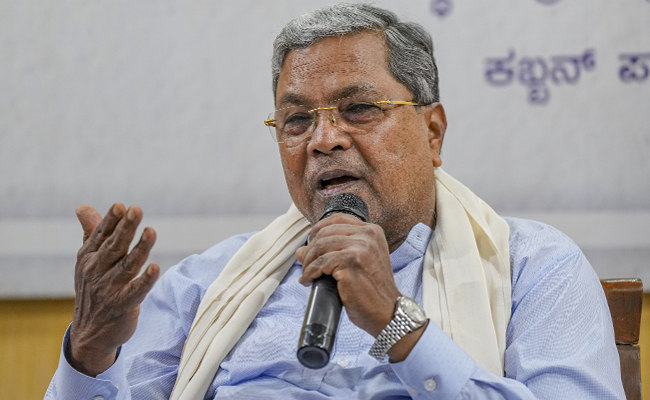Washington D.C. — Recent reports suggesting Saudi Arabia's termination of a longstanding petrodollar deal with the United States have ignited widespread online discussions regarding the potential decline of the US dollar as the world's reserve currency. However, several experts have pointed out a fundamental flaw in these reports: there was never a formal petrodollar agreement to begin with.
Paul Donovan, chief economist at UBS Global Wealth Management, addressed the issue in a blog post, highlighting that the narrative had gained unwarranted traction, serving as a clear example of "confirmation bias." He noted, "The story seems to have started in the crypto world. Many crypto speculators desperately want to believe in the dollar’s demise."
The reports suggested that an agreement, allegedly signed between Saudi Arabia and the US in 1974, expired on June 9, 2024, without renewal. This so-called 'petrodollar deal' was purportedly crucial for maintaining the dollar's global dominance. Donovan clarified that while the US and Saudi Arabia did establish a Joint Commission for economic cooperation in June 1974 to help Saudi Arabia spend its sudden influx of oil dollars on US products, this was not a formal petrodollar agreement. In July of that year, Saudi Arabia agreed to invest oil revenues in US Treasuries, a move that was confidential until 2016.
Furthermore, Donovan explained that oil has historically been traded in various currencies, not exclusively the dollar. "In January 2023, Saudi indicated it was happy to negotiate oil sales in other currencies. The possibility changes little for financial markets. Saudi Arabia’s riyal remains pegged to the dollar, and its stock of financial assets are dollar-focused. The dollar’s reserve status depends on how money is stored, not how transactions are denominated," Donovan stated.
The US-Saudi relationship remains robust, with Riyadh continuing to be a key ally in the Middle East. This alliance is particularly significant for the purchase of US arms, which are priced in dollars. Despite China's substantial dollar reserves compared to Saudi Arabia's, efforts to diminish the dollar's global reserve currency status have seen minimal success.
The dominance of the dollar in global oil trade, encompassing transactions, transport, and insurance, is unlikely to wane even if Saudi Arabia were to consider selling oil in yuan. This preference for dollars simplifies transactions, unlike India's experience of buying Russian oil in local currency, where surplus accumulation poses investment or lending challenges for Moscow.
While Riyadh might explore using oil payments for Chinese exports, this is feasible with dollars as well. The oil industry's reliance on the dollar as the primary trade medium is expected to remain unchallenged, maintaining the dollar's predominant role in global financial markets.
Let the Truth be known. If you read VB and like VB, please be a VB Supporter and Help us deliver the Truth to one and all.
Bengaluru (PTI): Days after cancelling his official tour to the Swiss Alpine town of Davos to take part in the WEF meet, Karnataka Deputy Chief Minister D K Shivakumar on Monday said he will attend the event.
He is likely to leave for Davos on Tuesday, according to official sources.
"Of course, Delhi has given me permission, my leaders and the CM have also asked me to go there. I have been receiving calls that I should be part of discussions in Davos, so I'm making it a point to go there. My opposition friends are also advising me. Some times, we will have to take the advice of the opposition leaders, in the interest of the state we will all work together," Shivakumar told reporters on Tuesday.
The Deputy CM's office on Saturday had said that Shivakumar has cancelled his scheduled visit to World Economic Forum (WEF) meet in Davos, citing official and party related engagements in New Delhi and Bengaluru.
Opposition BJP had hit out at Shivakumar for cancelling Davos visit stating that at a time when the state desperately needs development and economic revival, the Deputy CM chose to skip this crucial global platform, citing "pressing engagements" in New Delhi and Bengaluru.
"The Congress government is at a crossroads, torn apart by an open power struggle between CM Siddaramaiah and Deputy CM D K Shivakumar. Several supporters of the Deputy CM have openly spoken about a change in leadership post-Sankranti, and it now appears that Davos became the first casualty of this internal tug-of-war for power," state BJP President B Y Vijayendra said on 'X'.
Meanwhile, a Government of Karnataka delegation led by Minister for Large and Medium Industries M B Patil has departed for Davos on Sunday, to participate in the WEF Annual Meeting, to be held from January 19 to 23.





